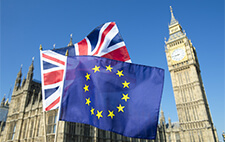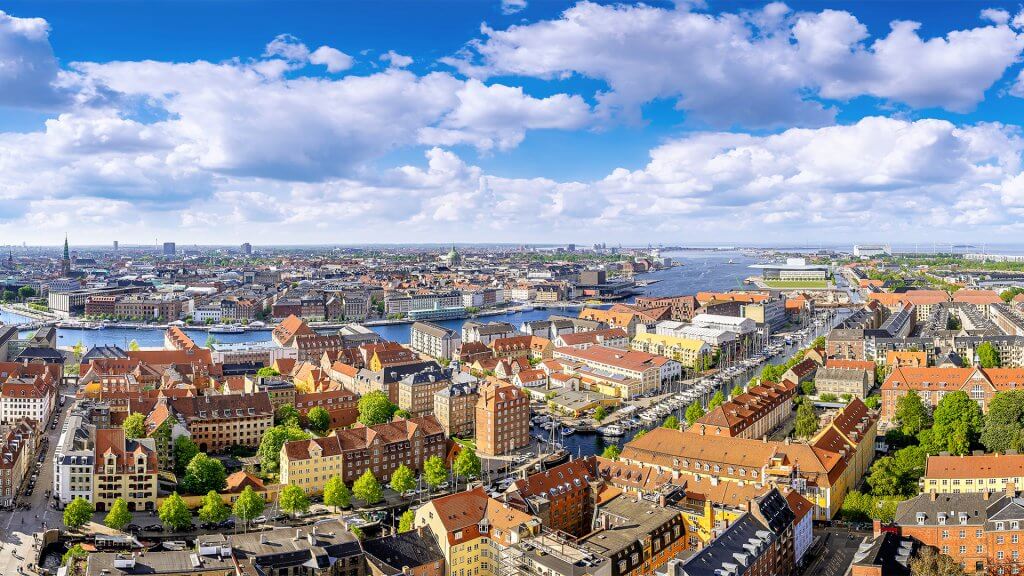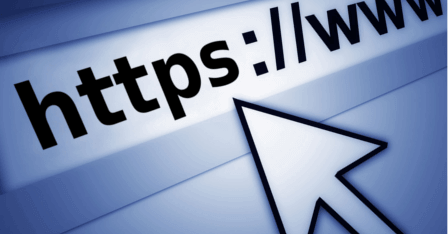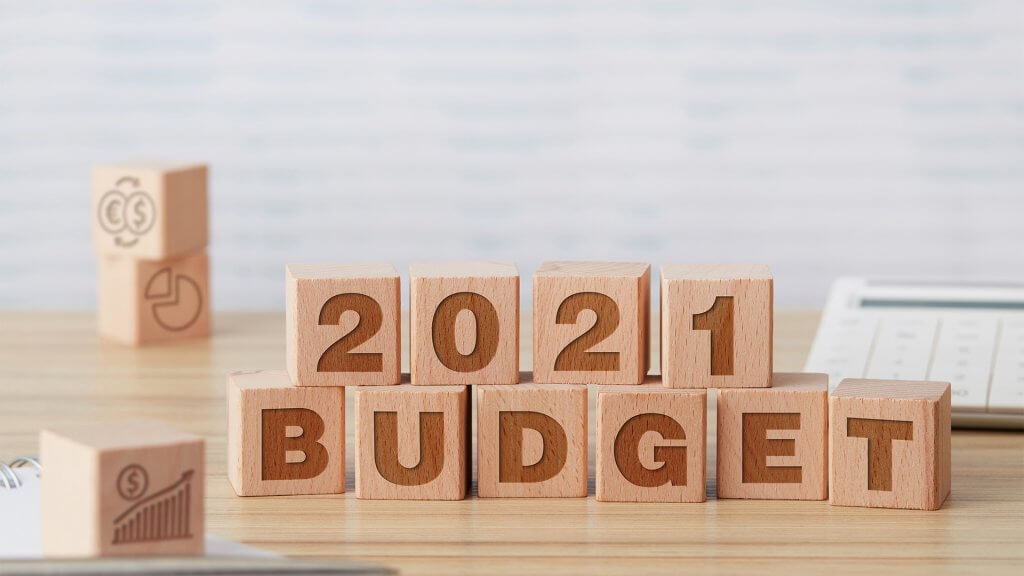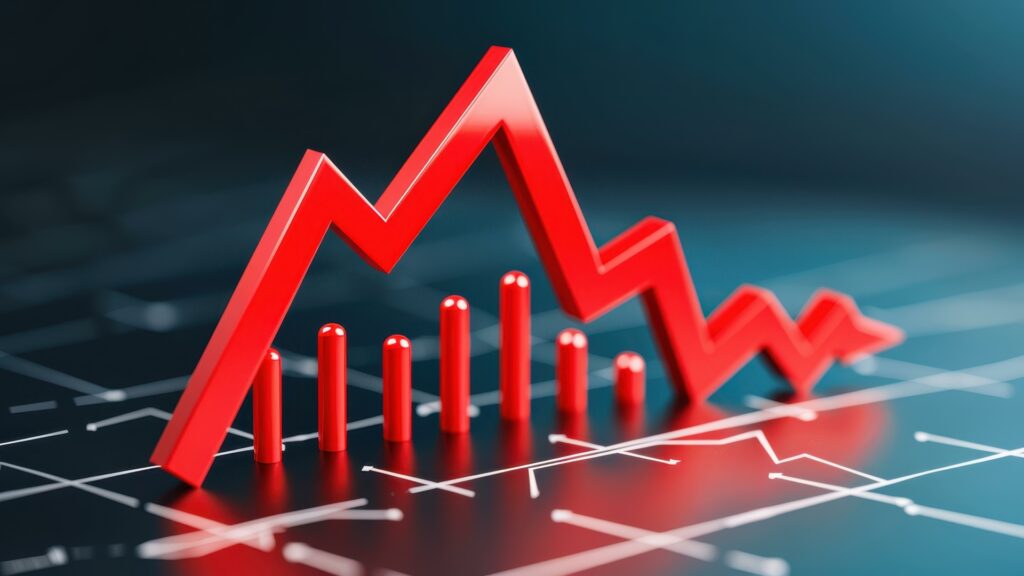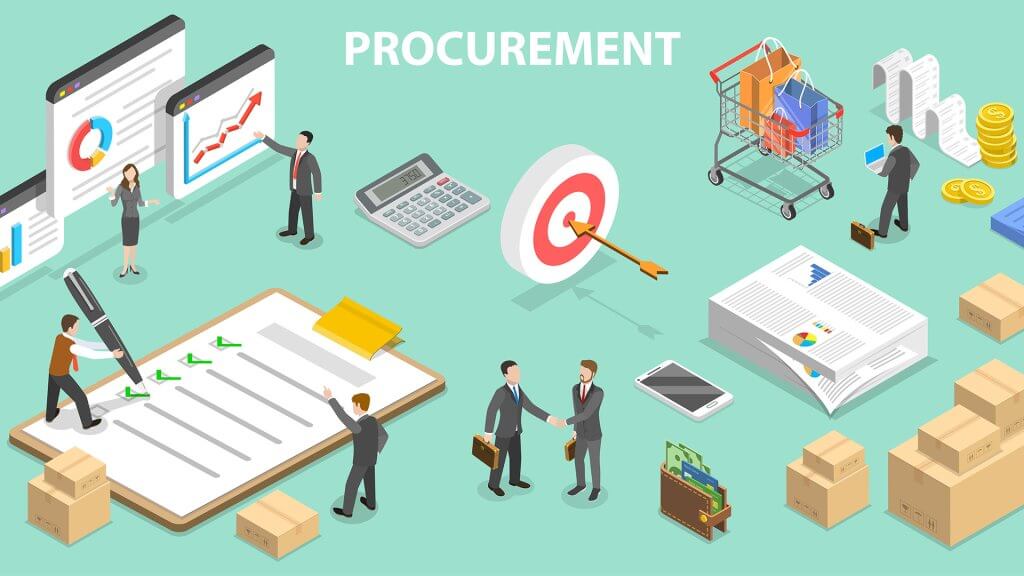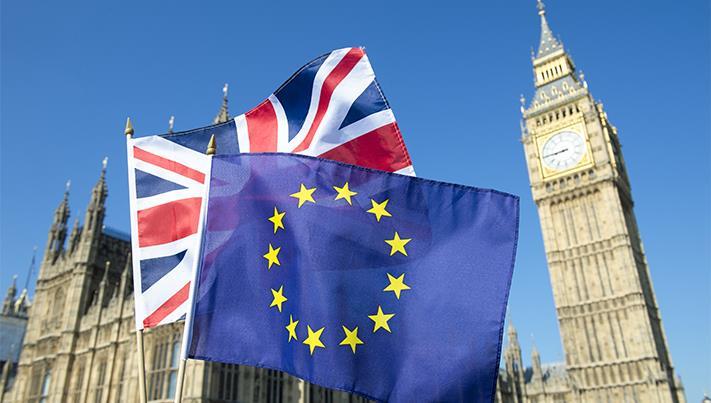
Keeping businesses on the go post-Brexit
For many businesses, securing a reliable and competitive energy deal is essential. Ultimately, it will allow you to keep productivity high and overheads low, so your business can operate as effectively and profitably as possible.
Companies are facing extreme pressure on securing energy supplies as uncertainty clouds the post-Brexit climate. What will happen if the UK loses its place within Europe’s Internal Energy Market (IEM)?
The UK has become increasingly reliant on energy imports from other countries in recent years, such as Norway, France, The Netherlands and Ireland, as well as other European partners. This could have major implications if we can’t secure a harmonised energy trade deal — with UK businesses (and homeowners) facing potential power shortages matched with increased energy costs.
The promise of a ‘green Brexit’ may be fading, as environmental consequences look set to be gloomy. By leaving the EU, the UK would effectively no longer be legally bound to meet EU climate change targets. This means current measures to build a greener, more efficient energy landscape could in turn slow, or stall. Flogas are leading suppliers in LGP (liquified petroleum gas), and this can be a more cost-effective, cleaner energy resource for. Small scale businesses could benefit from an LGP gas tank, to phase out using more harmful, finite alternatives such as oil.
We have spoken to Flogas, on preparing a plan of action to secure future energy deals as the Brexit conclusion looms, and looking at how the UK’s current energy infrastructure could be affected.
What is the IEM (Internal Energy Market)?
Founded in 1996, the IEM was set up to enable energy trading between EU states. It enables European countries to trade energy quickly, cheaply and easily – allowing them to respond to peaks and troughs in demand and supply. Effectively, countries in need of more energy can access it, whilst those producing more energy than they need can trade it in a common marketplace.
Other duties of the IEM include setting and implementing norms and standards to guarantee the protection of the environment and the public’s safety and determining taxes and pricing policies.
How does the IEM help businesses?
The ultimate goal of the IEM is to protect the rights of customers – whether that’s individuals or businesses – and tackle energy poverty by guaranteeing the availability of affordable gas and electricity. One way it does this, is by developing pan-European supply networks that transport energy between countries. It’s also responsible for defining the roles and responsibilities of the key players in the energy market, and acts as a regulator to ensure the security of our energy supply.
What will Brexit mean for my business?
After Brexit, keeping the lights and heating on in businesses across the country could become costly and difficult. Why? It’s all to do with interconnectors, which enable a cheap and easy flow of energy across borders. Interconnectors form a big part of the UK’s energy mix, and without access to them, the country could experience shortfalls, pushing energy prices up at the same time.
Without the IEM, will businesses’ change their eco obligations?
The EU member states have worked tirelessly over the past decade to move towards having cleaner energy supplies. However, reports suggest that once the UK exits the single energy market, UK businesses will cease to be subject to the same EU rules, regulations and targets surrounding renewables and energy efficiency. Whilst the UK government is adamant it will continue its unwavering commitment to tackle climate change, Brexit has the potential to delay or suspend current energy efficiency measures, pulling us further away from meeting 2030 carbon reduction targets.
Can my business prepare ahead of time?
Should the UK run in to any difficulties regarding energy supplies after March 2019, the UK may not be able to rely on help from other EU member states. With this in mind, experts expect the UK to become more vulnerable to power shortages – whether that’s due to extreme weather events, or generation outages in the pipelines or electrical interconnectors.
With these considerations, the UK should start securing new energy contracts sooner rather than later as Brexit negotiations draw to a final close. The silver lining is that you can keep the switching process straightforward by moving to a dedicated business energy supplier who will manage everything (including contacting the existing supplier) on your behalf.
Sources: Whitehouseconsulting.co.uk, Eciu.net, Unearthed.greenpeace.org, Smarterbusiness.co.uk, Ukpower.co.uk
